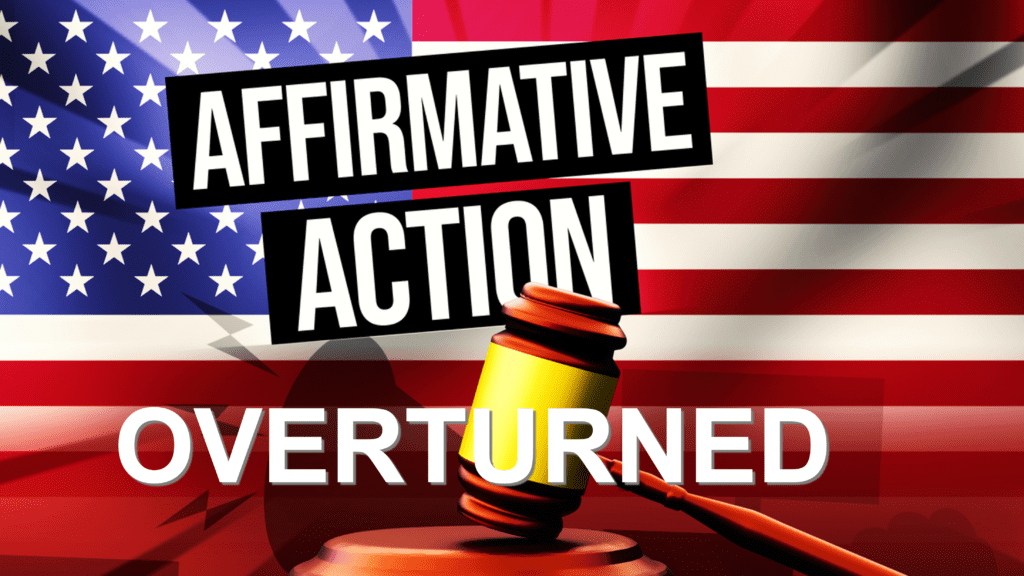IAC’s REACTION TO THE OVERTURNING OF AFFIRMATIVE ACTION
Students for Fair Admissions, Inc. v. President and Fellows of Harvard College

The Inclusion Allies Coalition (IAC) stands in emphatic opposition to the historic decision of the U.S. Supreme Court to reverse Affirmative Action per their ruling on June 29, 2023. This decades-long precedent allowed colleges and universities — public and private — to consider race as one factor in deciding which of the qualified applicants is to be admitted in order to create more diverse student bodies.
The Court’s rationale for the ruling suggested so-called “race-conscious” admission programs at colleges and universities across the country disadvantage White and Asian students and, therefore, “A benefit provided to some applicants but not to others necessarily advantages the former group at the expense of the latter.” This logic, cloaked in the Equal Protection clause of the 14th Amendment, fails to take into account the legacy of discrimination and systemic inequities rooted in policies and programs that have afflicted People of Color since before the very founding of the Nation.
Our history patently shows that the U.S. has never been a “color blind” society. This decision sends a message that all students are equally disadvantaged through consideration of race in college admissions and fails to consider the intergenerational impact of inequality that is the daily burden of marginalized racial groups in our society.
Equally disturbing is Chief Justice Robert’s suggestion that racial minorities are not entitled to admissions concessions based on their race, but they may include in their college applications stories of how their disadvantage has negatively affected their academic standing: “…Nothing in this opinion should be construed as prohibiting universities from considering an applicant’s discussion of how race affected his or her life, be it through discrimination, inspiration or otherwise.”
Further, we find it alarming that Chief Justice Thomas, who supported the ruling, directly benefitted from Affirmative Action. Were it not for Affirmative Action, he would not have been admitted to Yale—a fact that he has made public in numerous interviews. Moreover, Thomas was Chair of the Equal Employment Opportunity Commission and claims this experience was pivotal in his career. “I still count my years here as the most formative of my career, and perhaps my life,” Thomas is quoted in a 2006 press release by the EEOC. “I’ve been asked on any number of occasions, what was the best preparation for being on the Supreme Court? And, invariably, my answer is, my years at the EEOC. It was the best training for what we do today. . . During those times, we made decisions that actually mattered; they changed the agency or changed people’s lives.”
The Court’s decision reinforces and further institutionalizes a long-standing and inequitable pattern that puts the onus of responsibility on students from underrepresented groups to advocate for equity. As a counterpoint, when or where have students of the majority group ever had to advocate for their rights or entitlement to receive the advantage of their Whiteness? The National Bureau of Economic Research, shows nearly 70% of legacy and donor-related applicants are White, and that such students are six to seven times more likely to be admitted to Harvard than non-legacy applicants. The NBER report further adds that among White students granted admission, over 43% are from athletes, legacies, those on the dean’s interest list, and children of faculty and staff. It is also interesting to note that Military Academies are excluded from this ruling.
Within the IAC, one of the precepts of our work with students and clients on diversity, equity, and inclusion (DEI) is to expose them to the myriad disproportionate ways members of underrepresented groups have to justify, explain and defend their existence, much less obtain access to equal protection. The Court’s opinion solidifies the status quo in ways that further disadvantage racial and ethnic minorities in the U.S. This affects not only students, but the workforce of the future, the opportunities afforded for wealth and equity, and the ability to drive innovation and business performance for companies across a multitude of industries.
Within these racial groups, gaps of almost incalculable size exist in the United States with respect to health, access to education, and access to credit and capital. To date and despite its shortcomings, Affirmative Action has been the only approach that has concretely shifted access to education for Black and Brown students.
This current ruling has long-range “ripple effects” that may extend to hiring practices and the misconception that consideration of race in all cases is irrelevant. To quote Justice Ketanji Brown Jackson from her dissent,” …deeming race irrelevant in law does not make it so in life.” This decision will be felt by all our members regardless of social identity, including race. It is antithetical to everything we know about how to bridge differences and bring people from disparate groups, ethnicities, and races together.
Justice Sotomayor has in the past publicly praised the impact Affirmative Action has had on her education and career. In her dissent, she wrote “entrenched racial inequality remains a reality today. Ignoring race will not equalize a society that is racially unequal.”
We are a society composed of individuals and groups. As such, we must learn to acknowledge both individual achievement and the systemic barriers born from racial bias and discrimination that continue to plague groups of people who are unfairly treated under the law.
We will continue to work to mitigate the negative impacts of this ruling on the students, clients, mentees, colleagues, and organizations with whom we work, not to indoctrinate them to an ideology, but to help them learn to see and intervene when the forces of the status quo for the few threaten progress for all.
(The Inclusion Allies Coalition is a 700+member global organization composed of organizations and practitioners committed to diversity, equity, and inclusion within our organizations and society. We provide resources, advocacy, conferences, and webinars for dialogues across differences to promote inclusion. We serve as allies for those who feel marginalized and advocated for inclusive policies and practices. Our vision is to be the voice of DEI practitioners, globally.)
